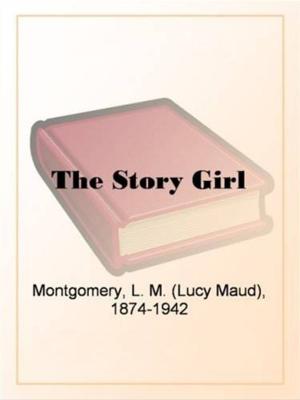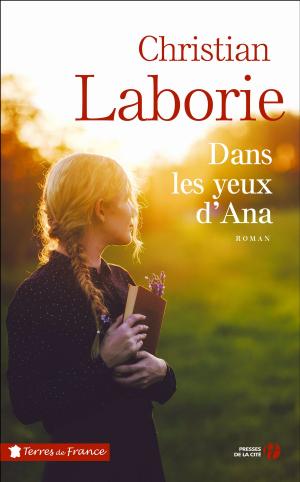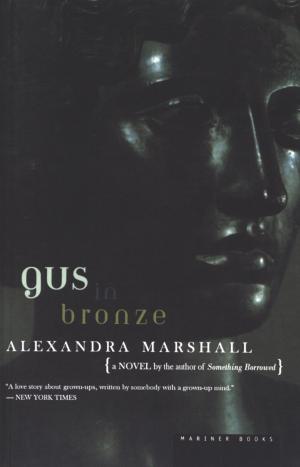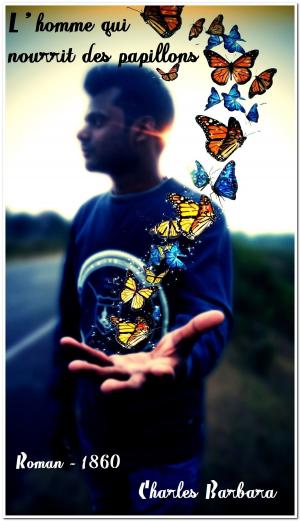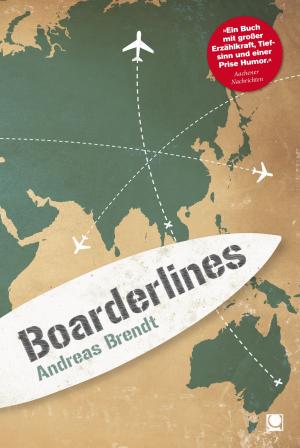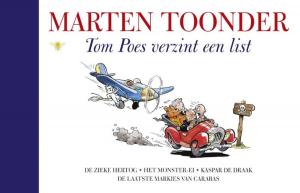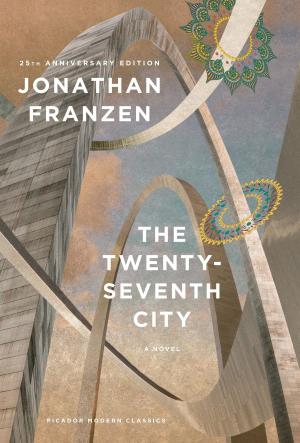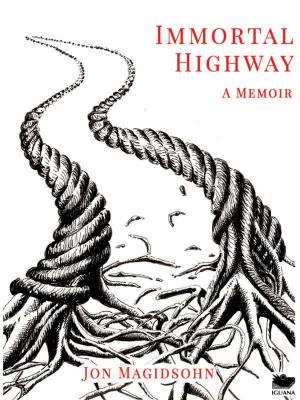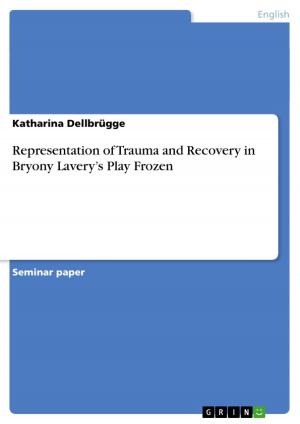| Author: | Hugh Aaron | ISBN: | 1230000002466 |
| Publisher: | Stones Point Press | Publication: | July 17, 2012 |
| Imprint: | Language: | English |
| Author: | Hugh Aaron |
| ISBN: | 1230000002466 |
| Publisher: | Stones Point Press |
| Publication: | July 17, 2012 |
| Imprint: | |
| Language: | English |
Young Hal Arnold doesn't know much about war or life or anything else. He certainly doesn't fit the Hollywood image of The Fighting Seabees battling the Japanese while driving his growling bulldozer into a hail of gunfire like John Wayne. In fact, Hal Arnold isn't really much of a war hero at all, except he did his duty like so many others. Arnold survived.
Hugh Aaron's novel is about the wartime experience as seen through Hal Arnold's naïve and idealistic eyes. So many World War II books today focus on grand strategy, operational campaigns, giant horrific battles and tales of heroism, complex and weighty stories of fiction and non-fiction, especially as we continue to look back at that war of wars. Hugh Aaron dares to depart from the common model of a war novel. Instead Aaron devotes himself to the men and women who endured World War II in the Pacific. Their everyday lives, fears, joy, love and loss combine to make war "a felt experience" as Henry Steele Commager would say.
And Aaron succeeds all too well. Remember, this is a novel; it is fiction. Keep telling yourself that as you read, because from its first page to its last, this book is too real, too believable to be fiction. Aaron's young Seabee is just a kid, thrown in with older men, sent to the Pacific to fight and hopefully come out alive. The young Seabee thinks he knows what he's getting into, but he really doesn't have a clue. His adventures are humorous and poignant, filled with life's lessons, simple pleasures and unnerving disappointments. But for young Hal Arnold, the war dissolves his innocence and turns him into a man, with all his uncertainty and hesitation.
Nations may wage war, but it is men and women, who fight and die, suffer and survive, endure and rise to meet the challenge of mankind's folly. No one portrays the "little guy" in a big war better than Hugh Aaron. And this novel proves it. When you finish reading it, you tell me this isn't a true story.
Young Hal Arnold doesn't know much about war or life or anything else. He certainly doesn't fit the Hollywood image of The Fighting Seabees battling the Japanese while driving his growling bulldozer into a hail of gunfire like John Wayne. In fact, Hal Arnold isn't really much of a war hero at all, except he did his duty like so many others. Arnold survived.
Hugh Aaron's novel is about the wartime experience as seen through Hal Arnold's naïve and idealistic eyes. So many World War II books today focus on grand strategy, operational campaigns, giant horrific battles and tales of heroism, complex and weighty stories of fiction and non-fiction, especially as we continue to look back at that war of wars. Hugh Aaron dares to depart from the common model of a war novel. Instead Aaron devotes himself to the men and women who endured World War II in the Pacific. Their everyday lives, fears, joy, love and loss combine to make war "a felt experience" as Henry Steele Commager would say.
And Aaron succeeds all too well. Remember, this is a novel; it is fiction. Keep telling yourself that as you read, because from its first page to its last, this book is too real, too believable to be fiction. Aaron's young Seabee is just a kid, thrown in with older men, sent to the Pacific to fight and hopefully come out alive. The young Seabee thinks he knows what he's getting into, but he really doesn't have a clue. His adventures are humorous and poignant, filled with life's lessons, simple pleasures and unnerving disappointments. But for young Hal Arnold, the war dissolves his innocence and turns him into a man, with all his uncertainty and hesitation.
Nations may wage war, but it is men and women, who fight and die, suffer and survive, endure and rise to meet the challenge of mankind's folly. No one portrays the "little guy" in a big war better than Hugh Aaron. And this novel proves it. When you finish reading it, you tell me this isn't a true story.

